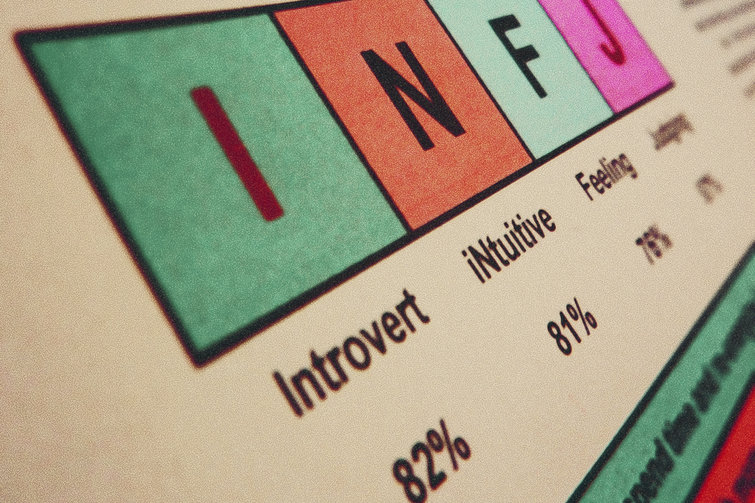Posts Tagged ‘rational’
Marshmallow Test with a twist: 3- and 4‑year-olds kids display more self-control when their reputation is at stake
Children Will Wait to Impress Others—Another Twist on the Classic Marshmallow Test (Association for Psychological Science): If you asked people to name a famous psychology study, the “marshmallow test” would probably come out near the top of the list. In this task, young children are told they can immediately get a small reward (one marshmallow)…
Read MoreDebunking Myers-Briggs personality test: Can we pigeonhole people?
Why the Myers-Briggs test is totally meaningless (Vox): “The Myers-Briggs Type Indicator is probably the most widely used personality test in the world…The only problem? The test is completely meaningless…
Read MoreWhy Agile Minds Deploy Both Rational and Intuitive Problem-Solving
A rare aha moment in 2011 set me chasing new problem-solving research. The study Rational Versus Intuitive Problem-Solving: How Thinking ‘Off the Beaten Path’ Can Stimulate Creativity published in Psychology of Aesthetics, Creativity, and the Arts stung me out of a spot of intellectual arrogance. From my perspective, John Dewey’s 19th century step-wise
Read MoreBrain Fitness Update: Why We Need Walking Book Clubs
Here you are have the twice-a-month newsletter with our most popular blog posts. Please remember that you can subscribe to receive this Newsletter by email, simply by submitting your email at the top of this page. News CNN: Aging boomers fuel ‘brain fitness’ explosion: An excellent article via Associated Press exploring why the brain fitness market…
Read MoreWhy Smart Brains Make Stupid Decisions
It happens. Often. Why? We just secured an interview with Ori Brafman, co-author of Sway: The Irresistible Pull of Irrational Behavior (Doubleday Business, 2008), to discuss our Dark Side (well, he calls it “different hidden forces” and “psychological undercurrents”). While reading some reviews about his book, I particularly enjoyed finding, after the usual impressive long collection…
Read MoreEncephalon: Briefing the Next US President on Neuroscience & Psychology
Dear Mr or Mrs Next US President, We are glad to welcome you to our blog carnival. After a short hiatus, Encephalon is back and gathering steam. We have prepared this “revival” edition just for you, so you can be well informed and impress us all during the upcoming Sciencedebate 2008. Without further ado, let’s…
Read More


